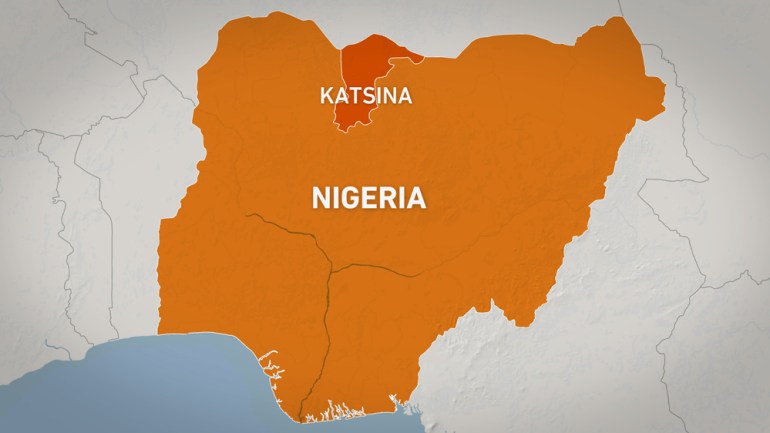Our coronavirus show is ongoing. Day 11
During the early stages of the pandemic, when the nature of the coronavirus was still unknown, many schools and universities made the decision to temporarily avoid all in-person contact and close their campuses completely. However, examinations are a critical part of the educational process and a necessary step in providing students with accurate grades.
Students across Angola are already writing their exams. Unfortunately, many students claim to face difficulties while writing exams during the time of the COVID-19 pandemic.
Our today's guest is Edvania, she will share with us how the Covid-19 pandemic affected her academic life.
My name is Edvania Teixeira, I am 16 years old and I study in the 7th grade in this school complex that is behind me. I'm going to talk a little bit about the coronavirus, the disease that shook the whole country.
How has covid-19 affected your academic life?
It was very difficult to spend all these months at home without studying. The quarantine was very hard, the only thing I did was to check my notebooks, spend the whole day at home with the parents who were also forbidden to go out, it was very boring!
When the school reopened my mother said that I would only go back to school only if they had created all the necessary conditions to protect students from the disease.
Fortunately, school created all the necessary conditions to prevent students from getting sick. My school has been instructing us to comply with the preventive measures against Covid-19 such as: hand washing, the distance of 1 meter, the use of masks and always cleaning hands with alcohol gel. And teachers have also been following the preventive measures, whereas in many schools teachers do not obey the prevention rules against covid-19.
How is your academic performance in this post covid-19 phase?
My academic performance is fine.
How are the exams going?
I did my exams more or less, because we wrote the tests in two consecutive weeks without a break. It was very difficult.
What are the difficulties you faced?
Math. The questions were very difficult, including some tasks that came out in the tests we never studied before. For this reason the exams have become super difficult.
Did you forget anything you learned in the beginning of the year?
No, not everything was forgotten.
How do you feel, aren't you afraid of getting coronavirus?
I'm scared, but I always carry with me bio-security material.
Did the school distribute any biosafety material?
No, they didn't distribute anything.
With the status of the coronavirus pandemic constantly evolving, schools must allow for some flexibility when it comes to conducting school exams. There must be a degree of flexibility to this demand, given the unpredictability of the coronavirus and its effect on the lives of students. If schools don’t allow for some degree of flexibility when rescheduling exams, the academic performance of students who find themselves in difficult circumstances as a result of the pandemic is likely to suffer.

This is the first and the only Coronavirus show in Angola where the most ordinary citizens show their brilliant talents.
The heroes of the program are the most ordinary citizens - they share with the audience their songs, poems and real stories of how the Coronavirus pandemic affected their lives.
Click here to watch free full webisodes: https://coronavoice-angola.blogspot.com/
















 A classroom at the Government Science Secondary School in Kankara following the attack [Abdullahi Inuwa/Reuters]
A classroom at the Government Science Secondary School in Kankara following the attack [Abdullahi Inuwa/Reuters]
